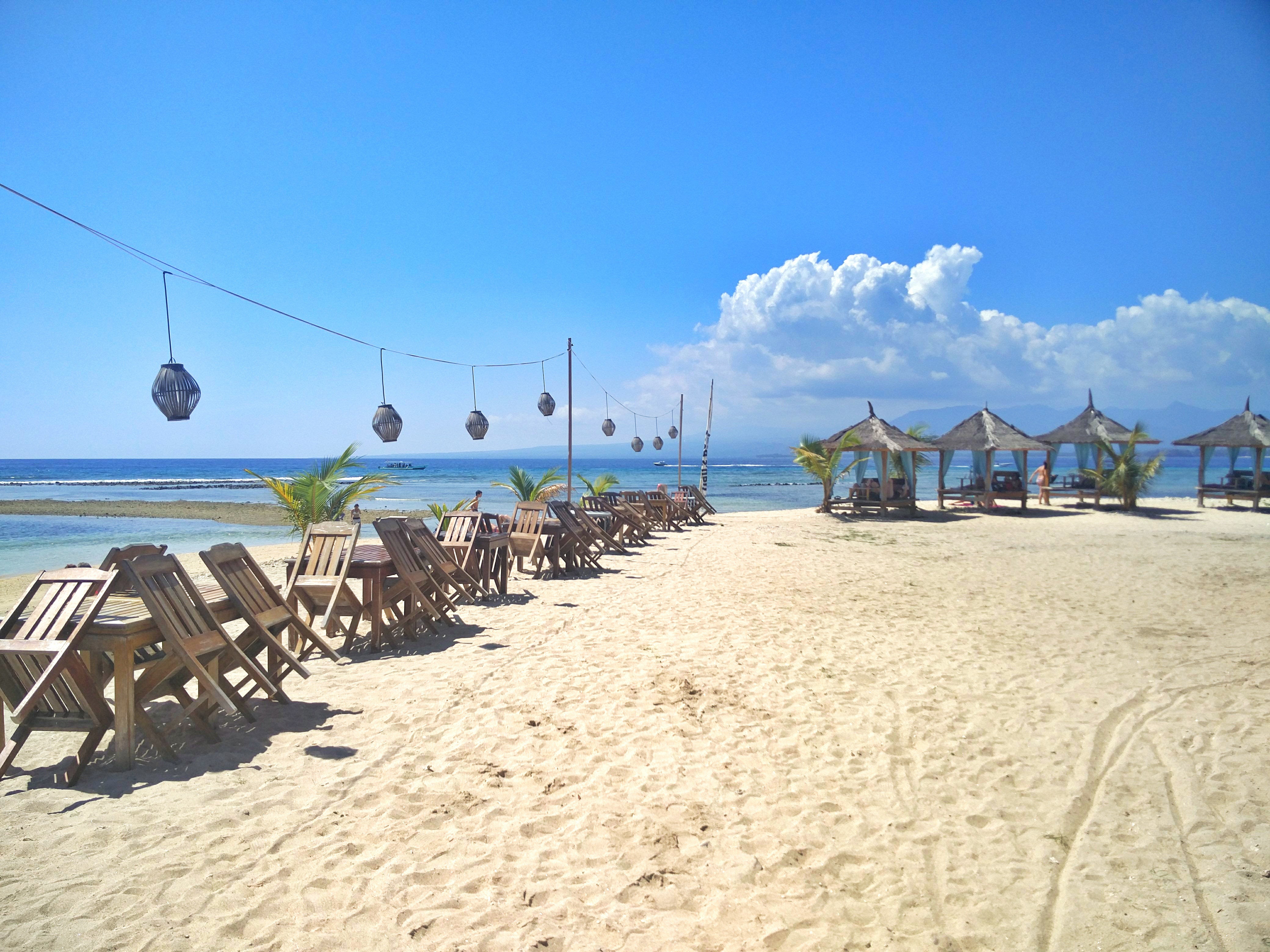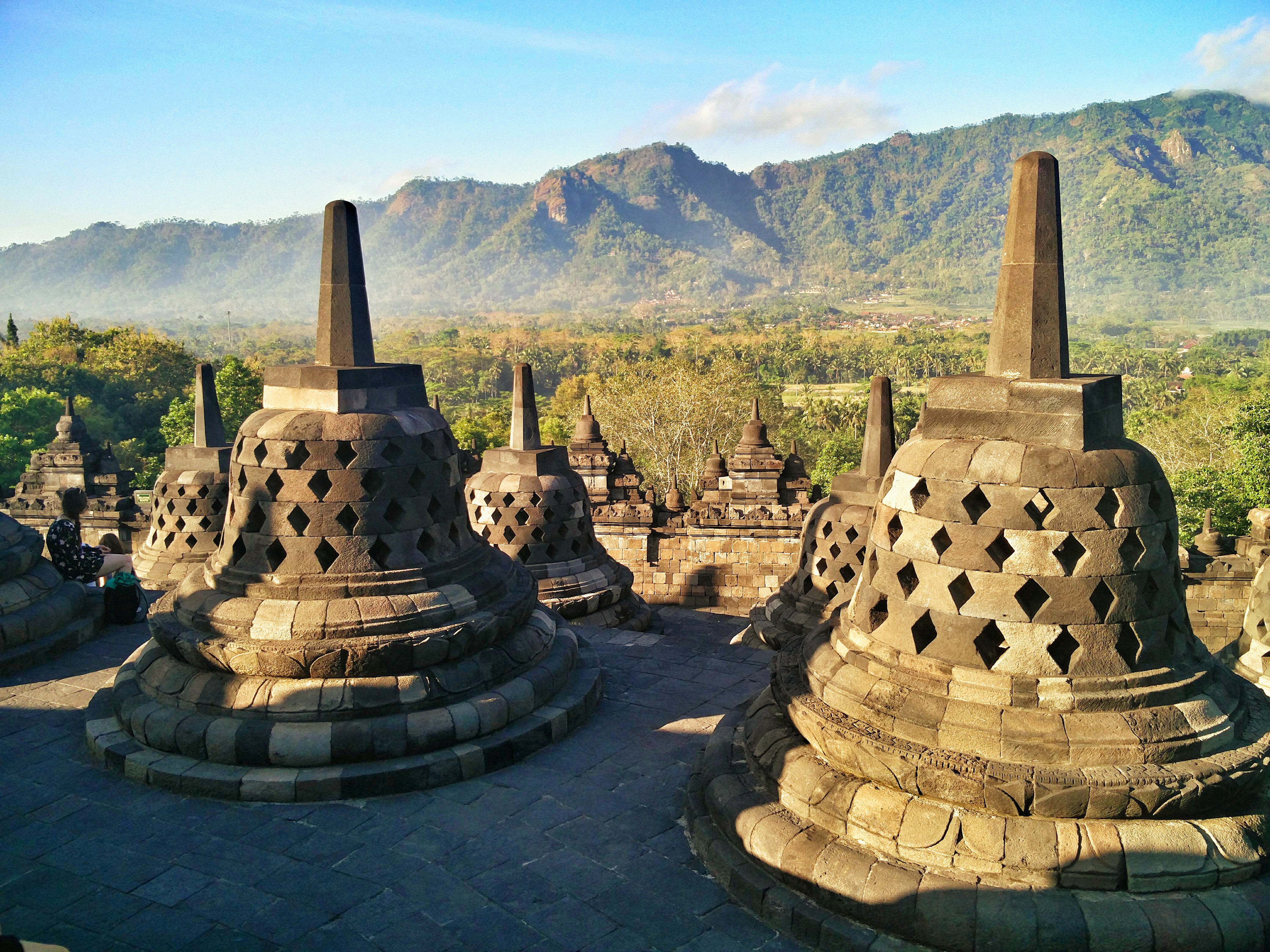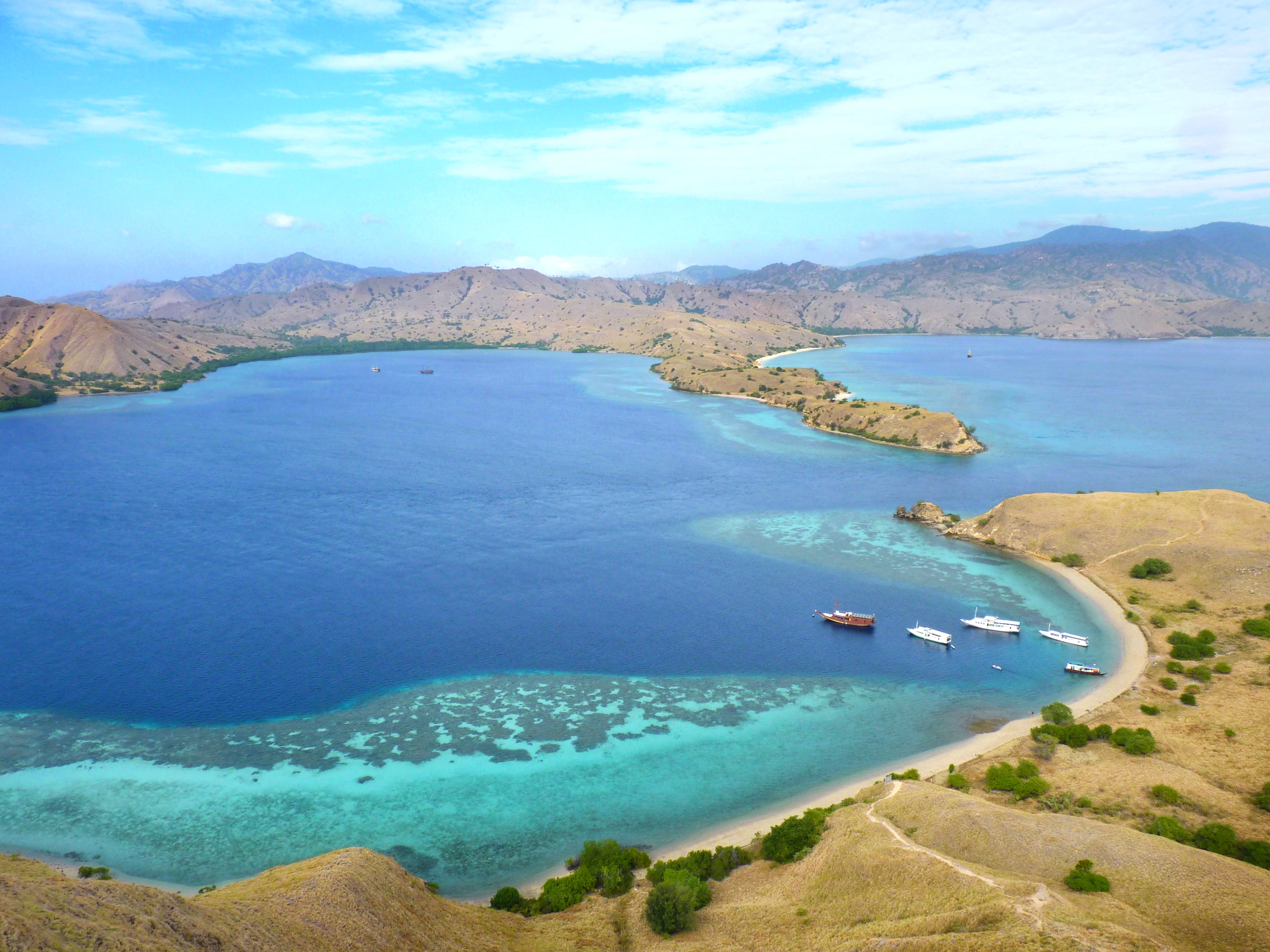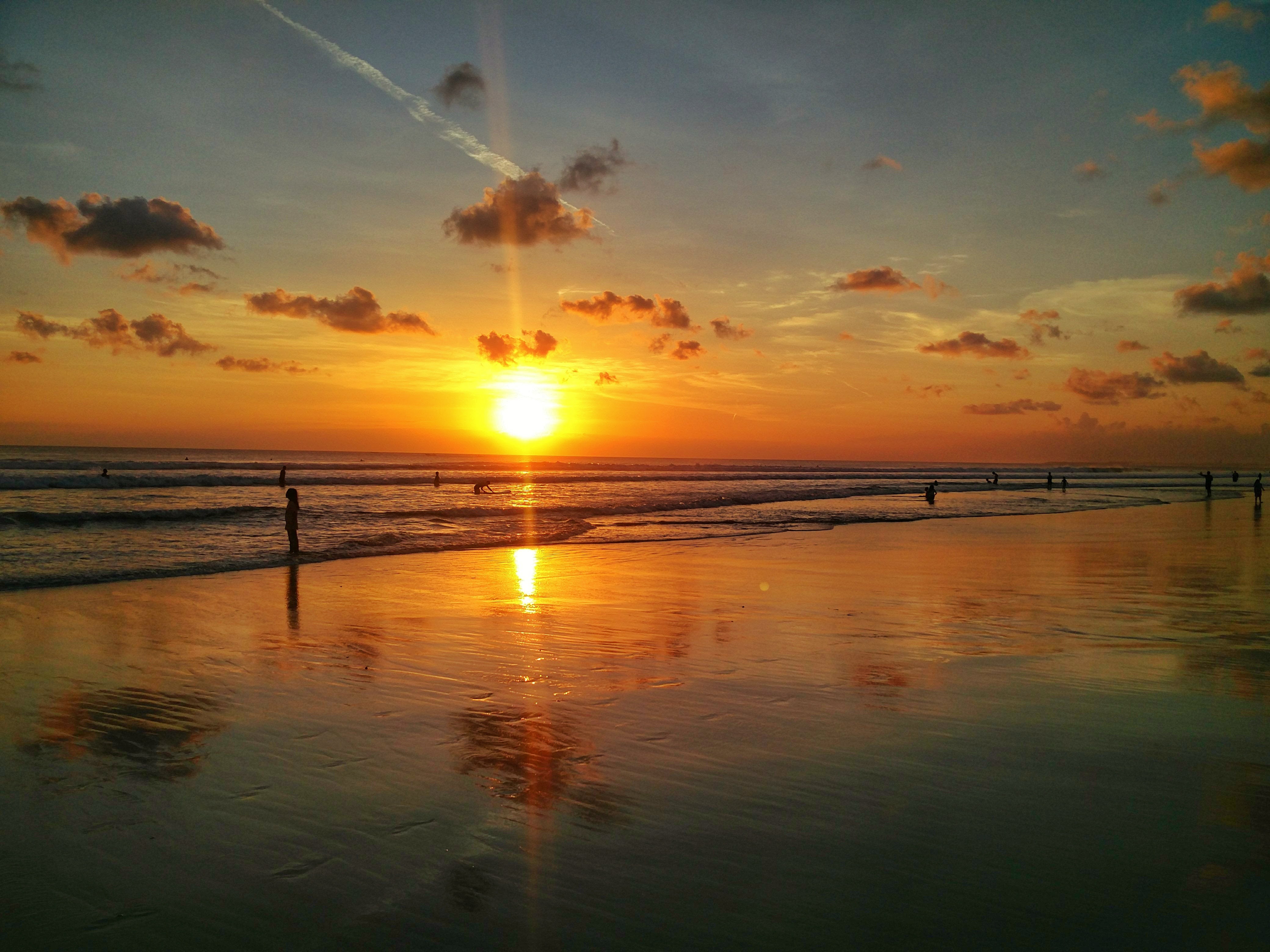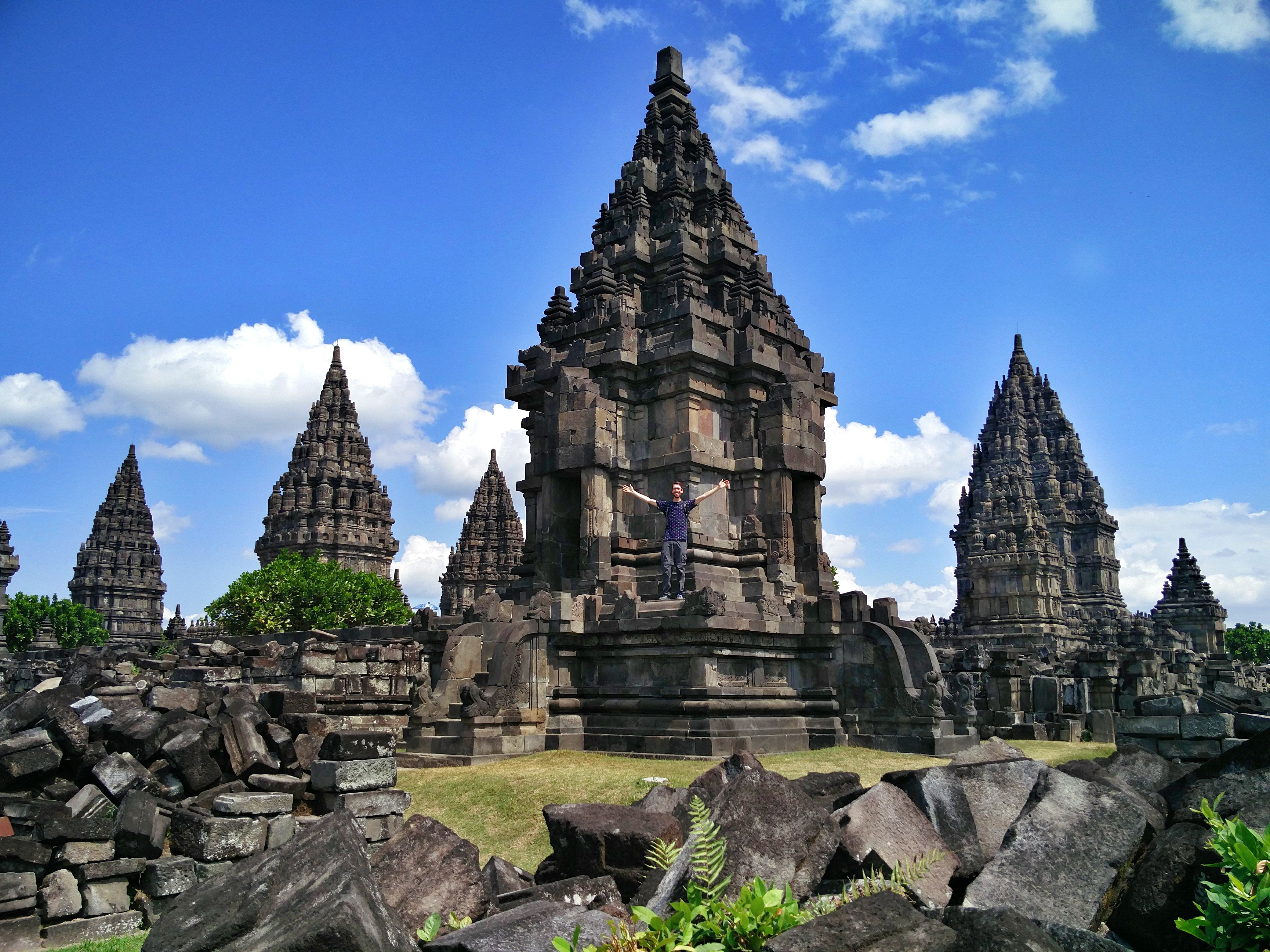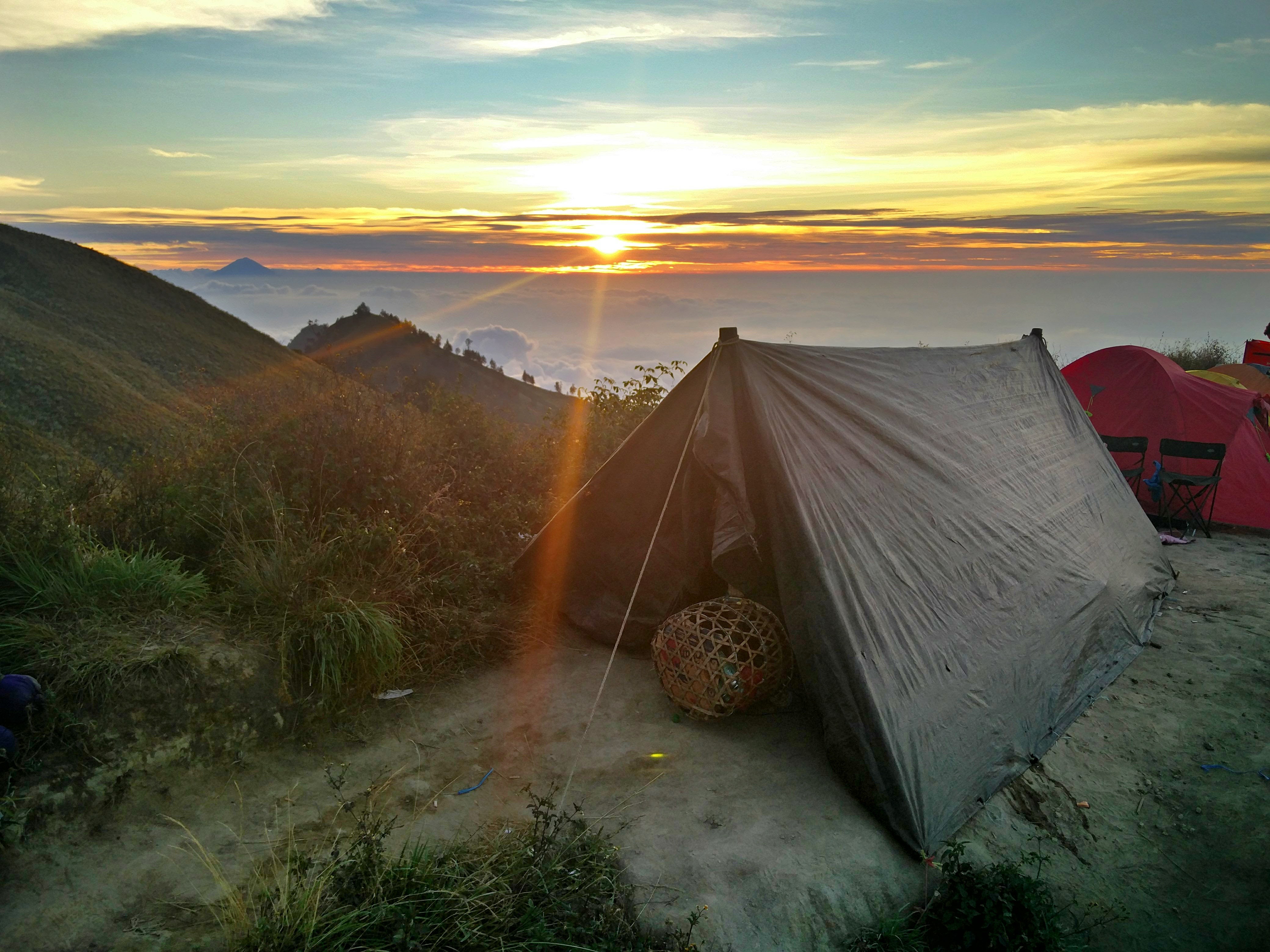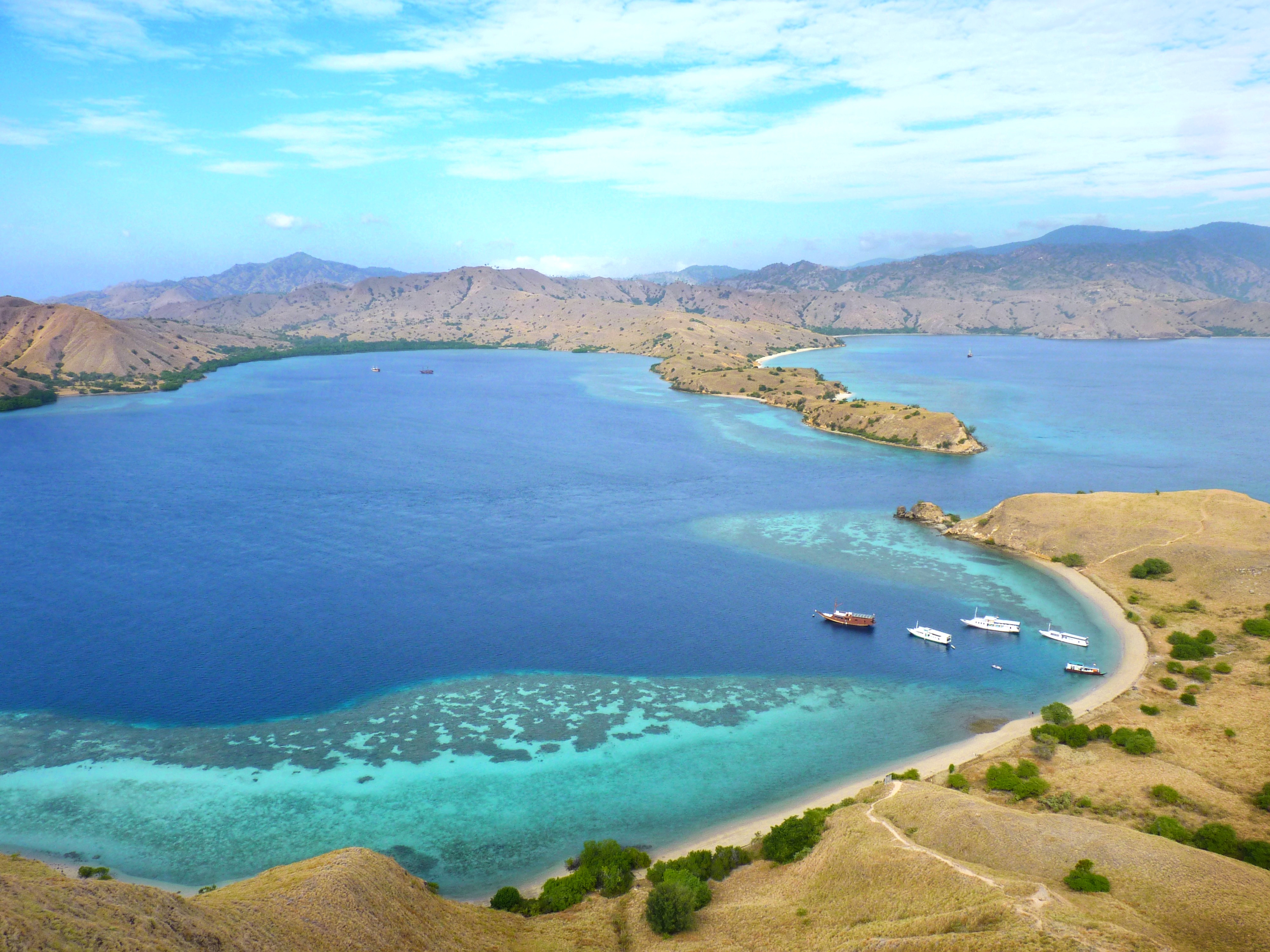Read what locals have to say about health in their country here.
Indonesia
Destination Health Guide
From tropical beaches to volcanoes and glaciers, Indonesia has it all! Located in Southeast Asia between the Indian and Pacific oceans, Indonesia is the largest island country in the world - comprised of over 13,000 islands. With an estimated population of around 267 million people, Indonesia is the fourth most populated country in the world, with half of the population living on the island of Java (making it the most populated island in the world). About 55% of the population lives in urban areas, with around 10 million people living in Jakarta, the capital city of Indonesia. Having so many islands, Indonesia has shifted away from a centralized authority, dividing into 34 provinces with regional autonomy and each with their own legislature.
Located on the equator, Indonesia tends to have little seasonal variation - making it a year-round destination! A wet season does run from November to March and a dry season between April and October. However, some islands have minimal differences in rainfall between these seasons, while others will experience drought and flooding. Although most of the country has a warm tropical climate, higher elevations and mountainous regions tend to be cooler. Indonesia is home to some of the highest mountains in Southeast Asia, and sitting on the Pacific Ring of Fire has over 400 volcanoes, of which around 130 are active (so remember to pack a warm jacket!).
The following are a list of recommended vaccines from the CDC. However, it is always recommended that you check with your primary care physician to meet your specific needs and ensure you are up-to-date on routine vaccinations before you travel.

Hepatitis A: can be transmitted through contaminated food or water.

Hepatitis B: transmitted through sexual contact, blood products, or contaminated needles.

Typhoid: can be transmitted through contaminated food or water.

Japanese Encephalitis: transmitted by mosquitoes, this vaccine is recommended based on when or where in Indonesia you are travelling, and for how long. It is recommended if you are in Indonesia for over a month, engaging in outdoor activities, or if you are visiting rural areas. Discuss your travel plans with your physician to determine if you need it. Note: this vaccine can be expensive! If this is a barrier, read about how to get it cheaper here.

Rabies: transmitted through infected animals, such as dogs or bats. Recommended for longer term travellers, travelers doing outdoor activities or working with animals, and children.

Yellow Fever: there is currently no risk for yellow fever in Indonesia, however the government does require you to have proof of the vaccine if you are coming from an area where yellow fever risk exists.
The following are a list of preventable disease that currently do not have vaccines available.

Malaria: transmitted by mosquitoes, particularly night time biting mosquitoes, travellers should avoid mosquito bites, utilize appropriate bug spray, and consider sleeping with a personal mosquito net to reduce exposure risk. Preventative antimalarial medications are recommended, however specifics should be discussed with your primary care physician.

Zika: transmitted by mosquitoes, care should be taken to avoid getting bitten. Zika can cause serious birth defects, therefore pregnant woman or those planning to get pregnant should not travel to Indonesia.

Chikungunya: transmitted by both day and night biting mosquitoes, care should be taken to avoid getting bitten.

Dengue: transmitted by mosquitoes and tends to have a higher risk in urban and residential areas than other mosquito borne diseases. Care should be taken to avoid getting bitten.

H5N1 Avian Influenza: commonly known as the bird flu, transmission to humans tends to be from contact with infected birds.

Tuberculosis (TB): although the risk is generally low for tourists, travellers staying in Indonesia for multiple years, or working in high risk areas such as hospitals or prisons, should consider getting a TB test done prior to departure and a repeat test 8-10 weeks after returning home.
With a tropical climate consisting of wet and dry seasons, travellers to Indonesia should bring appropriate rain gear. The sun can also be very hot and raises concern for heat stroke and dehydration. So remember to drink plenty of water and wear protective clothing during the day and sunscreen with at least 15 SPF with both UVA and UVB protection. If you plan on doing any hiking or visiting higher elevations, bring appropriate footwear and a warm jacket as temperatures can be cooler (particularly at night). With many volcanoes and prone to earthquakes, Indonesia is relatively geologically active, and it is beneficial to inform someone of your travel plans within Indonesia and to travel with a medical kit.
Can I drink the water? It is not recommended to drink the water in Indonesia. Consider buying bottled water or utilizing a method to treat water before drinking it. Use caution with fruits or vegetables washed in tap water.
Is it wheelchair accessible? Wheelchair accessibility is limited and a manual wheelchair is recommended. Sidewalks tend to be crowded and can be uneven, most buildings have steps, and roads tend to be congested and busy.
How do I best avoid mosquito bites? It is recommended that you wear repellant with at least 30% DEET, wear clothes treated with permethrin, utilize a bed net, and stay in accommodation with screened windows. To avoid bites it is best to stay inside during dawn and dusk when mosquitoes carrying malaria are most active, and wear long clothes to limit exposed skin.
What medications should I bring? Bring any prescribed medications with you. It is also recommended to travel with a small medical kit, and a healthy travel packing list can be found here.
Important Numbers:
Police: 112, 110
Fire: 113
Ambulance: 118
Medical Emergency: 112
Search and Rescue: 115, 111, 151
Indonesia Country code: +62
*a useful source of numbers for Bali can be found here
Hear from a local
*The content above is for informational purposes only and reflects my own personal opinion and experiences. Other sources for information utilized in creating this content include the CDC, WHO, and Yellow Book. Please refer to your attending physician for all health advice
Before you go on your next trip, take your health into account and make sure you have a travel insurance plan that protects you wherever you go.
Secure Your Health Now
Get a quote for travel insurance with World Nomads
